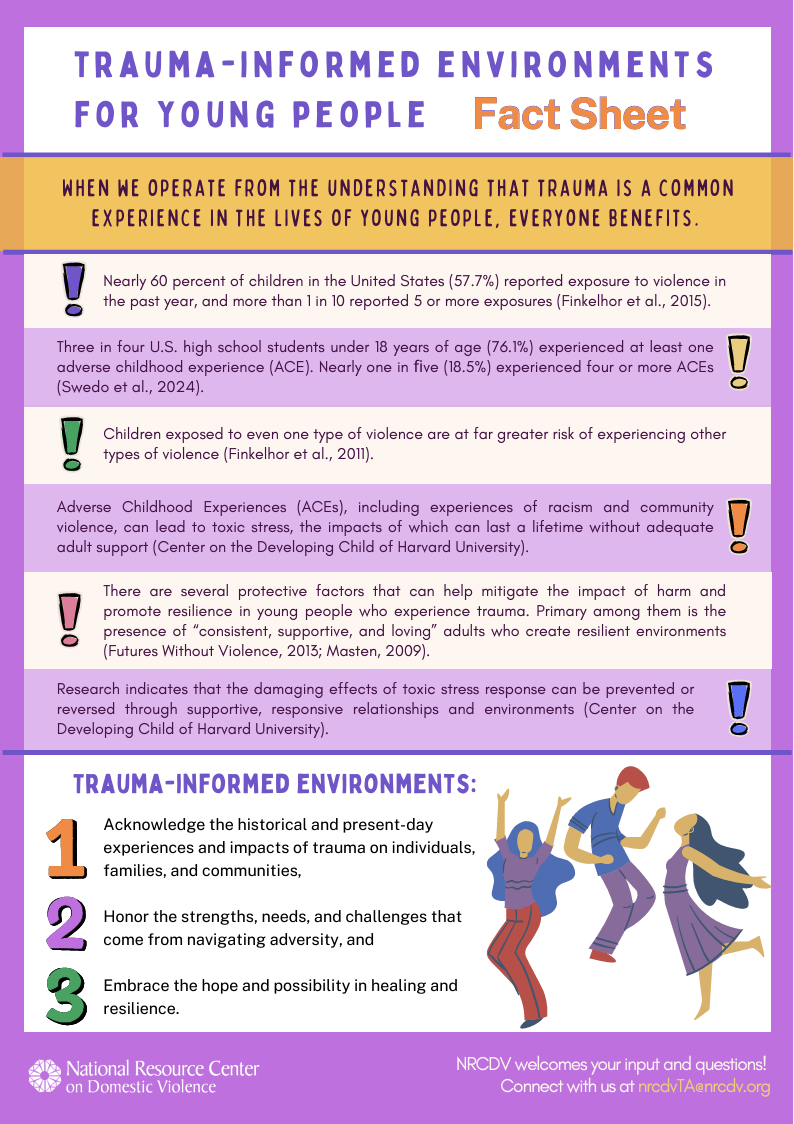 Together, we have survived a global pandemic. As COVID-19 surged in our communities, so too did anti-Black state violence, incidents of anti-Asian anti-immigrant hate, anti-trans legislation, and violent threats to democracy in the United States. This has been an experience of collective trauma that many of us never imagined we’d endure in our lifetime.
Together, we have survived a global pandemic. As COVID-19 surged in our communities, so too did anti-Black state violence, incidents of anti-Asian anti-immigrant hate, anti-trans legislation, and violent threats to democracy in the United States. This has been an experience of collective trauma that many of us never imagined we’d endure in our lifetime.
Consider how much has changed because of this collective experience – in our personal lives, our workplaces, our schools, and just in the way we live our daily lives. While some of the impacts have been immediate and devastating, such as loss of housing, employment, and loved ones, others have been slow and rippling, like long COVID and ongoing economic impacts. And while the negative consequences are many, we are also still uncovering positive ways it has shaped us. Some of us have taken lessons from this experience and are making intentional changes for the path forward. For many, the experience prompted a reevaluation and reorganization of our priorities, personal values, and commitments.
One important take-away from this experience is the deepening of our collective understanding of what it’s like to experience daily ongoing trauma, and what it means to build resilience both individually and collectively. With this knowledge, we can become trauma-informed in our interactions with others through our programs, at our workplaces, and in our community spaces.
The resources below dig deeper into how to build and sustain trauma-informed environments for children and youth in general.
 Related Special Collection:
Related Special Collection:
Fostering Resilience, Respect & Healthy Growth in Childhood and Beyond
This Special Collection offers resources that promote strategies for creating environments where children can thrive with particular focus on enhancing capacity for resilience across the lifespan. This collection explores post-traumatic growth as a positive framework for understanding trauma within the context of child development.









